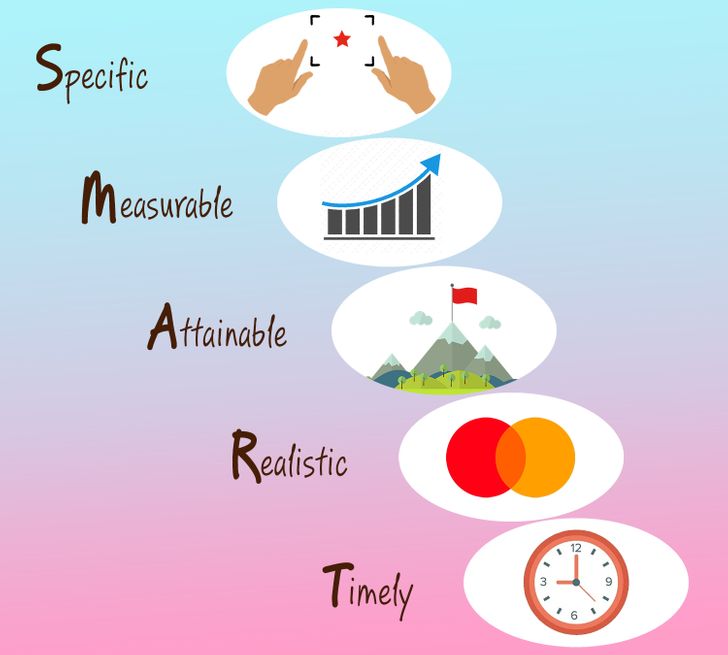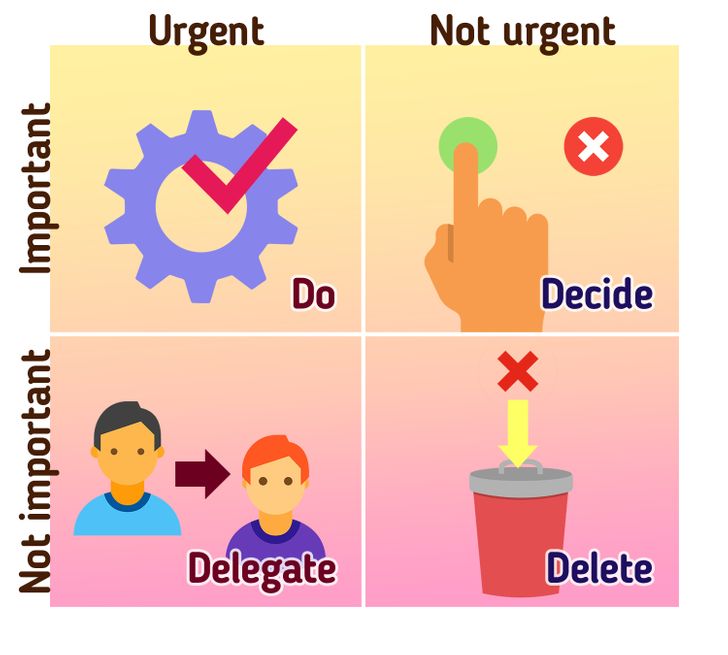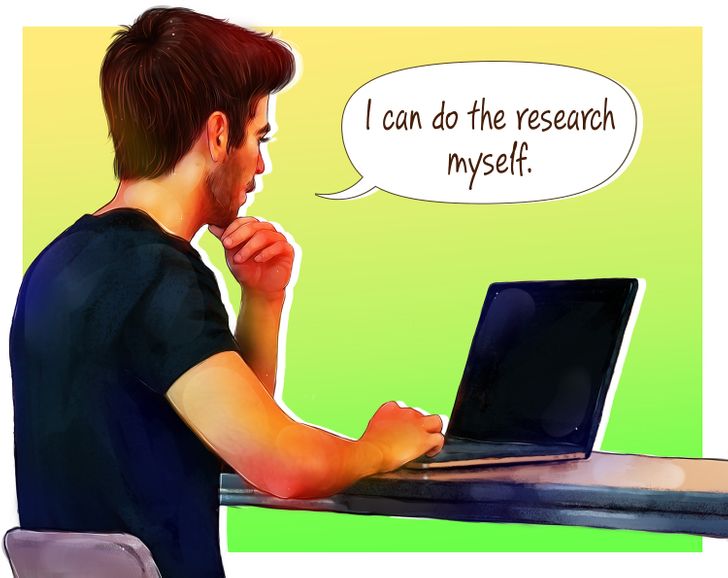How to Be More Proactive

A reactive person is someone who lets their environment control them. This attitude leaves little room for you to think about your choices. Instead, having a proactive mindset might lead to a better career and personal life. 5-Minute Crafts wants to give you a few tips on how you can achieve this.
1. Plan ahead.
You can do this with a planner, or any other tool that makes you aware of how you’re going to spend your time. It’s important to plan your future and be prepared for it.
2. Set goals for yourself.

Use the acronym “SMART” when setting your goals. Your goal should be:
- Specific (a clear vision of what you want to achieve)
- Measurable (something that can be quantified)
- Attainable (meaning you will actually be able to do it)
- Realistic (not instantly reaching for the moon)
- Timely (creating your own timeframe so that you have deadlines or a sense of urgency)
3. Learn how to prioritize.

Not every task will be equally important, and you won’t be able to control everything either. Try to focus your energy and attention on small and consistent activities. Doing this will mean the small but meaningful changes you’re doing may reward you with good results.
Tip: Use the Urgent-Important Matrix, which is a visual method of splitting your tasks. You’ll have 4 boxes to fill:
- Do (tasks you need to complete right away)
- Decide (tasks you need to prioritize and schedule to avoid doing them at the last minute in a rush)
- Delegate (urgent, but not important tasks)
- Delete (neither urgent nor important tasks)
To fill this matrix, make a to-do list for all of your tasks and answer 2 questions: “What would be the repercussions of not completing this task?” and “Can I delegate it?” Once you’ve got the answers, you might have an idea of what your important tasks are and which ones you can do later.
4. Take responsibility for yourself.

Others may come along and help you on your path. However, try to always make sure that you’re focusing on what you can do yourself to be successful, rather than taking on a passive attitude about it.
5. Use constructive language.

Avoid using negative language, as it may make you less likely to act on something. Instead, use positive, affirming, and realistic language. This might make you more open to possibilities and positive experiences.
